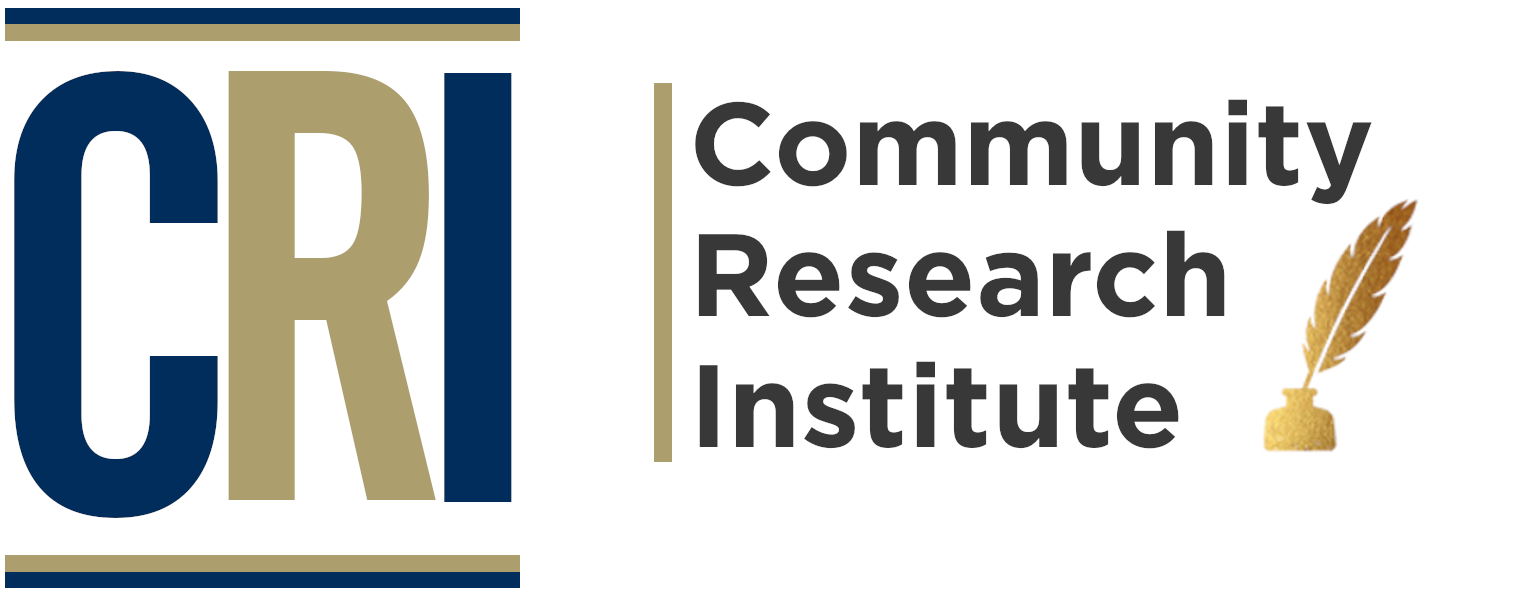
Gen Z Minorities: Worries, Hopes and Expectations of the Workplace
Race, ethnicity, diversity, and inclusion are sensitive topics that people tend to shy away from. However, racial diversity and inclusion is an important part of practicing businesses. Gen Z has grown up with many diversity and inclusion initiatives and has born witness to their rise of importance. Racial and ethnic diversity is a growing concern for Gen Z especially since it is “already the most racially and ethnically diverse generation” (Fry & Parker 2020).
This diversity found in Gen Z is shown in a Pew Research Center report which stated that “nearly half (48 percent) of 6- to 21-year-olds are racial or ethnic minorities” (LeDuc 2019). With growing minorities in Gen Z that are entering the workplace, it is prudent that businesses see what Gen Z expect and would like to see in the terms of diversity and inclusion in the workplace.
To find out specific details of how companies can prepare to be inclusive to Gen Z people of color, CRI conducted casual interviews with some volunteers. The most important topic they brought up in discussion was that of equality. Gen Z minorities expect to be treated fairly and respected equally to their non-minority peers. As one woman stated, “I don’t want to be treated like the black coworker, but like every other coworker.” Another is the proper handling of non-inclusive racial or ethnic remarks. This is important because they do not wish to be harassed or treated poorly by coworkers or bosses without proper handling or reprimands.

Gen Z people of color also shared some of their worries about the workplace. One of the most common worries among the minorities interviewed was that their resumes or applications would be dismissed because of their ethnic-sounding name or race marked on the application. Another worry that one young lady gave was, “As a woman of color, I know I will have to work twice as hard to prove my worth when I shouldn’t have to.” Others worry they might be hired for diversity sake alone as the token minority for a company to appear to be diverse.
“One of the most common worries among the minorities interviewed was that their resumes or applications would be dismissed because of their ethic-sounding name or race marked on the application.”

These worries and expectations, however, tie into the hopes of what our respondents want to see in the future of business’ diversity and inclusion practices. A common suggestion was a more transparent way of hiring where applicants would not be judge based on their name or race, but solely on their experience and knowledge in their field of work. They hope that as inclusion grows there would be a better hiring system in place that would remove any prejudices based upon ethnicity or race. Some also suggested that there be some sensitivity training to help non-minorities gain a new perspective on how to empathize, interact with, and include their minority coworkers. As Gen Z’s inherent diversity enters the workforce, your business must adjust to accommodate. Listening to and understanding the expectations, worries, and hopes of these minorities is the first step to a better and more diverse future.
Sources:
Fry, R., & Parker, K. (2020, August 14). ‘Post-Millennial’ generation on track to be most DIVERSE, BEST-EDUCATED. Retrieved February 02, 2021, from https://www.pewsocialtrends.org/2018/11/15/early-benchmarks-show-post-millennials-on-track-to-be-most-diverse-best-educated-generation-yet/
LeDuc, D. (2019, May 20). Who is generation z. Retrieved February 02, 2021, from https://www.pewtrusts.org/en/trust/archive/spring-2019/who-is-generation-z
